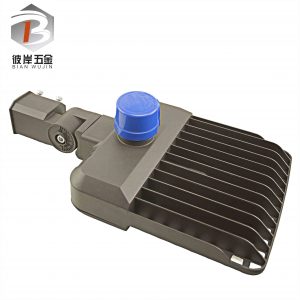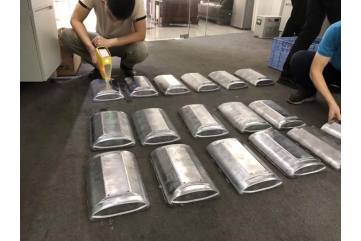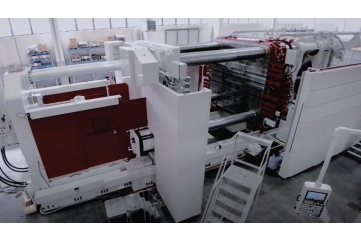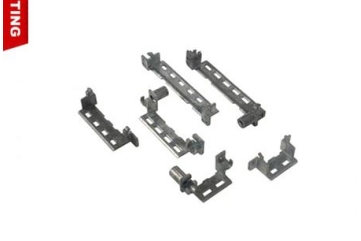The Marvels of Aluminum Die Casting: Unleashing Versatility and Efficiency
In the realm of manufacturing, aluminum die casting stands out as a leading technique for producing complex and intricate parts with precision. This process, highly regarded for its versatility and efficiency, has revolutionized industries ranging from automotive to aerospace.
Understanding Aluminum Die Casting
Aluminum die casting is a manufacturing process that involves injecting molten aluminum into a custom-designed mold, called a die. The molten metal fills the die, takes its shape, and then cools and solidifies, resulting in a precise and detailed component this technique employs high-pressure to ensure metal filling and reduce the risk of porosity.

Advantages of Aluminum Die Casting
Lightweight and High Strength: Aluminum possesses an exceptional strength-to-weight ratio, making it an ideal choice for applications requiring lightweight yet durable components. This quality is particularly advantageous in industries such as automotive and aerospace, where weight reduction is crucial for improving fuel efficiency and performance.
Design Flexibility: Aluminum die casting allows for intricate and complex designs with precise detailing. The mold can be customized to meet specific requirements, enabling the production of components with intricate shapes, thin walls, and fine surface finishes. This flexibility opens up a world of possibilities for designers and engineers, facilitating innovation and product differentiation.




